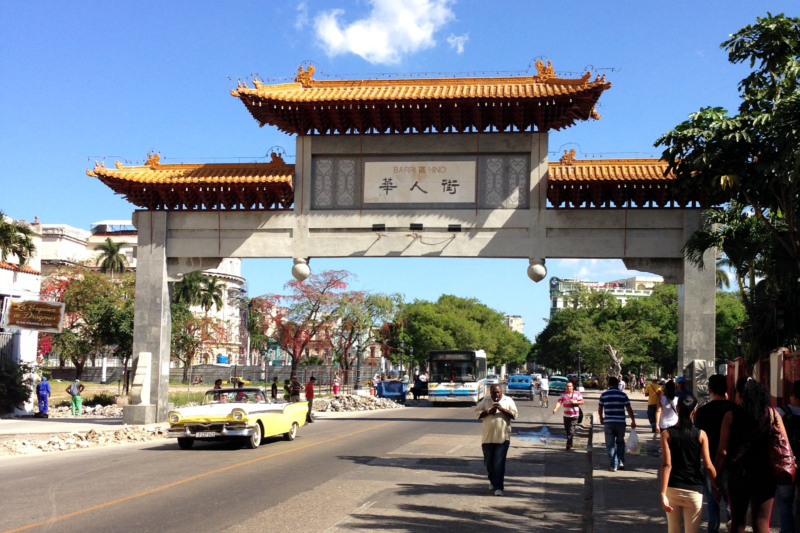Europe Might Take Another Step Back
If Spain fails to have the Common Position lifted or if it succeeds and Havana again turns down European economic cooperation, then Cuba wins once more.
With its allusions to a planned economy and proletarian internationalism, Cuba’s 1976 constitution was unmistakably a product of the Cold War. Perhaps that’s why the island’s new leaders, led by President Miguel Diaz-Canel, moved quickly to recodify the country’s founding charter.
A new constitution, which was formally adopted earlier this month, is Diaz-Canel’s first major accomplishment since his inauguration last year and should set the tone for the remainder of his tenure. Cuban authorities appear to have consulted many other countries’ constitutions in redrafting their own, and one country stands out: China. Although there is no sign that China had any direct role in shaping Cuba’s new constitution, similarities between the Cuban charter and China’s 1982 constitution, which formalized the country’s economic reforms, suggest that Diaz-Canel and the rest of Cuba’s leadership are hoping to follow the Chinese experience of embedding market economics into a socialist state. But emulating the text of China’s constitution may not be enough to spark a similar economic miracle in the Caribbean, where the Cuban authorities’ lackluster record of reform stands in contrast to China’s decisive efforts leading up to 1982.
On the structural front, Cuba’ new constitution makes modest changes to the government, with the purpose of institutionalizing the personalistic power of the party-state. To that end, it separates the roles of head of state and head of government—historically held simultaneously by one leader—and assigns the latter to a newly reinstituted office of the prime minister. While the prime minister is expected to serve an administrative role, the president of the republic is expected to maintain greater authority as the leader of the island’s Revolutionary Armed Forces and—presumably—the Communist Party of Cuba. Both heads of state and government are to serve with term limits.
[…]
If Spain fails to have the Common Position lifted or if it succeeds and Havana again turns down European economic cooperation, then Cuba wins once more.
After a 7.0 magnitude earthquake struck Haiti, the aftershock reached China in ways that few anticipated.The earthquake forced Chinese leaders to navigate the tricky politics of disaster relief.
The Summit of the Americas was marked by discord between the US and Latin American countries. What did it accomplish, if anything?
 Kaldari / Wikimedia Commons / CC 1.0
Kaldari / Wikimedia Commons / CC 1.0